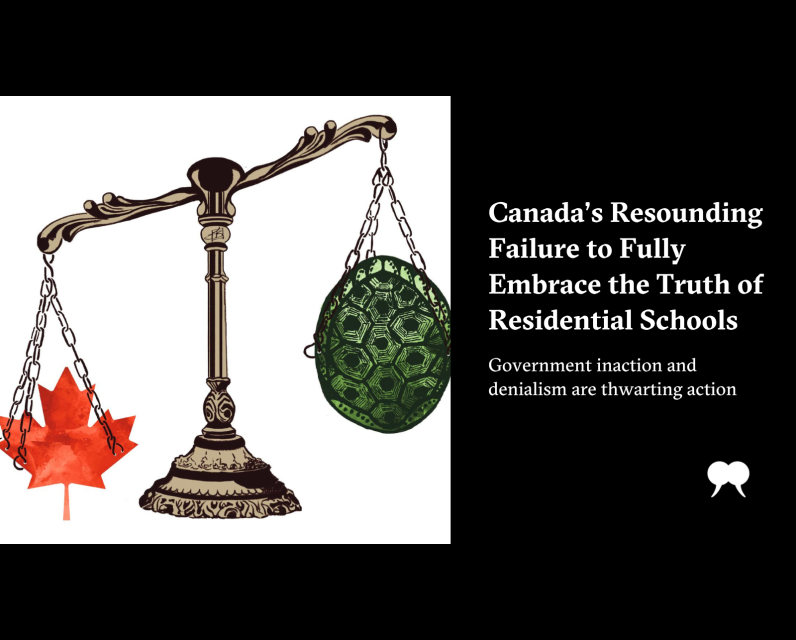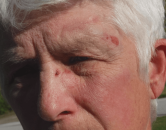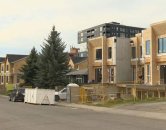Canada’s Resounding Failure to Fully Embrace the Truth of Residential Schools

For six years, starting in 2007, the Truth and Reconciliation Commission travelled throughout the country, hearing testimonies from over 6,500 people who’d endured Canada’s residential school system. Six thousand and five hundred people, believing in the mandate of the commission, courageously testified, thinking that, finally, they would be heard and amends would be made. It’s difficult to imagine what that must have been like—reliving the abuses and indignities of what can only be described as internment facilities following a mandate of indoctrination set by the state and implemented by the Church.
There is no doubt that residential schools were what’s known as “total institutions”—institutions that function in a manner that physically and socially separates those held there from the outside world. One need only consider the words of Bishop Vital-Justin Grandin, a powerful advocate for the mandatory attendance of Indigenous children at these internment facilities, who, in 1875, reportedly stated: “We instil in them a pronounced distaste for the native life so that they will be humiliated when reminded of their origins. When they graduate from our institutions, the children have lost everything Native except their blood.”
Each of these witnesses experienced the force of the state’s determination to eliminate Indigenous peoples. Deconstructing their identity, it was hoped, would eliminate them as barriers to the exploitation of Indigenous lands and resources. Miraculously, these witnesses, representative of survivors throughout the country, were not destroyed. Deeply and irrevocably injured, yes, but still standing—standing before a commission empowered to hear them and to create a path forward, grounded in unearthing the truth of the origins and intent of residential schools. From that truth, necessary action was identified—to right the wrongs of the past and to create a future with safeguards against institutionalized systems founded in racism, hatred, and a drive to control and oppress.
-
Read more from our Truth and Reconciliation series:
- Intro
- Land
- Child Welfare
- Economic Development
- Gender
- Media
When the TRC’s Final Report was submitted, in December 2015, it was the culmination of heartfelt effort—arduous work on behalf of the commission, its staff, and all those survivors who came forward. The report was momentous and hopeful and brilliant in its clear-headed analysis of what must occur to reconcile history with the truth and to base a meaningfully improved future on an understanding of how we came to be where we are today.
The idea of reconciliation and a profoundly different understanding of Canadian history are taking root throughout public bodies, post-secondary institutions, elementary and secondary schools, the judiciary, and society generally. But we are seeing now what we have unfortunately and repeatedly seen in the past. Ten years on, only fourteen of the ninety-four Calls to Action have been implemented. While a website for Crown–Indigenous Relations and Northern Affairs Canada refers to the calls as “recommendations,” they most certainly are not. They are an articulation of required action, not mere suggestions. In that downgrading of the nature of the Calls to Action, we see the heart of the problem: the institutionalized resistance to substantive change. Call to Action number fifty-five, for example, requires annual reports from all levels of government on the progress of reconciliation. Not one annual report has been written. This failure demonstrates an important truth: that none of the substantive calls have been implemented.
When we focus more closely on the calls on which work has not even started, we gain an even deeper insight into the factors contributing to the fertile ground for the disturbing upswing in residential school denialism—that is, denying the testimony of those 6,500 survivors. Denialists are those Canadians who cling to the notion that genocide could not and did not occur in Canada and resist the facts to the contrary placed before them. The violence of their beliefs, which are being propagated at a frightening rate, finds justification in the failure of governments to stand behind their promises to the process of reconciliation and to Indigenous peoples themselves. Government inaction is, therefore, also an act of violence, not just a failure to act.
Without truth, there can be no reconciliation is a refrain we hear more and more as less and less is accomplished. Implementing systemic change, once again, is thwarted by a resounding failure to fully embrace the truth of Canada’s genocidal agenda as it pertains to Indigenous peoples. In some senses, it is easy to understand why Canada has a difficult time seeing itself as genocidal. However, that acceptance is the only thing that will allow all Canadians, Indigenous and otherwise, to move beyond that painful truth and into an era of true reconciliation.
The post Canada’s Resounding Failure to Fully Embrace the Truth of Residential Schools first appeared on The Walrus.


Comments
Be the first to comment